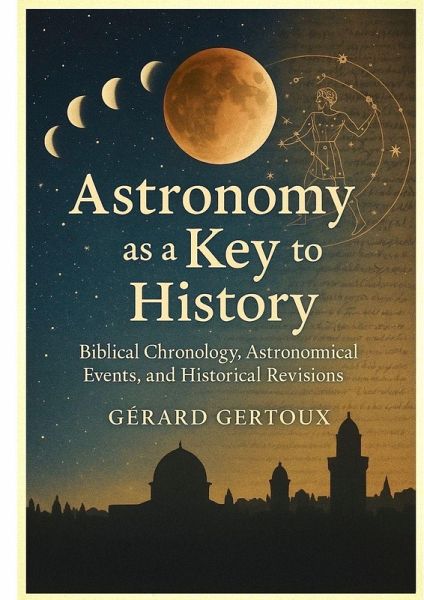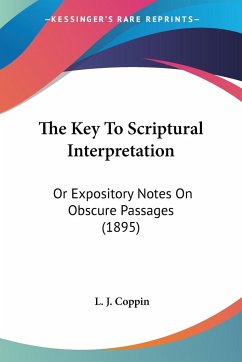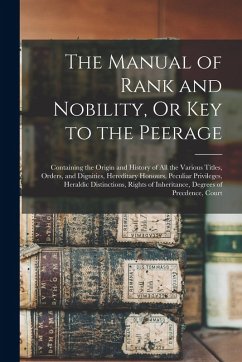
Astronomy as a Key to History
Biblical Chronology, Astronomical Events, and Historical Revisions
Versandkostenfrei!
Versandfertig in über 4 Wochen
22,99 €
inkl. MwSt.

PAYBACK Punkte
11 °P sammeln!
This monograph delves into astronomy's crucial role in refining historical timelines. By analyzing phenomena like solar/lunar eclipses and planetary conjunctions, it offers precise chronological markers that help historians and archaeologists validate ancient civilizations' timelines. Drawing on interdisciplinary research, it highlights cases where astronomical calculations resolved dating uncertainties, such as synchronizing Israelite/Judean kings with Neo-Assyrian and Achaemenid rulers using sources like Babylonian tablets, Assyrian chronicles, and Greek accounts. The study underscores the r...
This monograph delves into astronomy's crucial role in refining historical timelines. By analyzing phenomena like solar/lunar eclipses and planetary conjunctions, it offers precise chronological markers that help historians and archaeologists validate ancient civilizations' timelines. Drawing on interdisciplinary research, it highlights cases where astronomical calculations resolved dating uncertainties, such as synchronizing Israelite/Judean kings with Neo-Assyrian and Achaemenid rulers using sources like Babylonian tablets, Assyrian chronicles, and Greek accounts. The study underscores the reliability of celestial mechanics in dating biblical events and classical antiquity. It also addresses challenges like misinterpreting historical records, limitations of past observations, and reliance on ancient translations. Prominent controversies are explored, including dating Jesus' birth and death, Quirinius' census, and the reign of Ashurnasirpal II, linked to Carthage's founding in 870 BCE. Advocating transdisciplinary collaboration, the book showcases how integrating scientific methods unveils history with remarkable accuracy.











![A Master-key To The Rich Ladies Treasury. Or, The Widower And Batchelor's Directory, Containing An Exact Alphabetical List Of The Duchess Dowagers [&c.] By A Younger Brother [signing Himself B. M-n] Cover A Master-key To The Rich Ladies Treasury. Or, The Widower And Batchelor's Directory, Containing An Exact Alphabetical List Of The Duchess Dowagers [&c.] By A Younger Brother [signing Himself B. M-n]](https://bilder.buecher.de/produkte/68/68942/68942718n.jpg)
